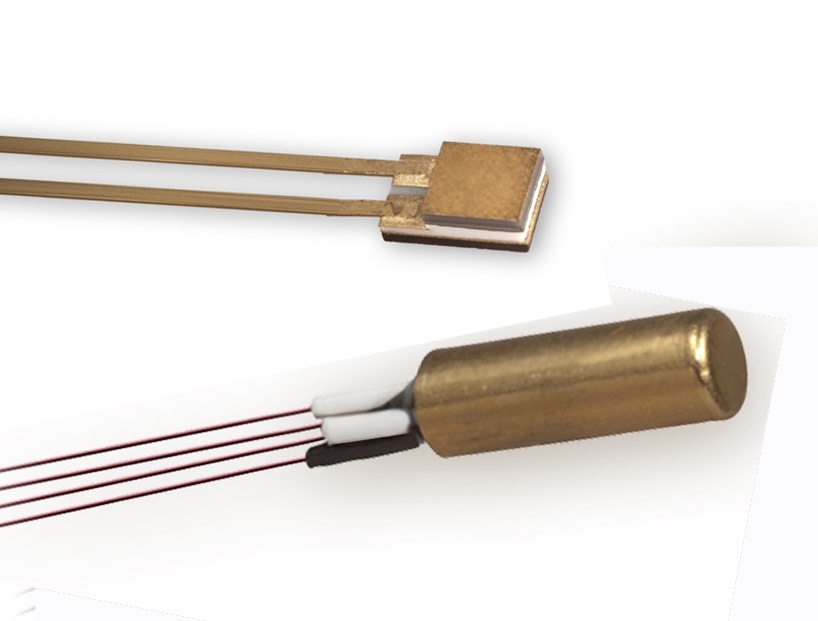Lake Shore Cryotronics, a leading innovator in solutions for measurement over a wide range of temperature and magnetic field conditions, will be at next week’s CEC/ICMC (Cryogenic Engineering Conference / International Cryogenic Materials Conference) in Madison, Wisconsin, to present results from high-level gamma radiation tests performed on Cernox™ sensors and to discuss the company’s range of cryogenic thermometry solutions.

Image Credits: Lake Shore Crytronics
Exposing cryogenic thermometry to high levels of gamma radiation is a concern in particle accelerator and other high-energy physics applications. In these applications, sensors used to monitor temperatures of superconducting magnets are invariably irradiated by leakage radiation, and the accumulated dose over the lifetime of the accelerator can be considerable. Lake Shore Senior Applications Scientist Dr. Scott Courts, during his talk at CEC/ICMC, will discuss the effects of such radiation levels on Cernox CX-1050-SD-HT and CX-1080-SD-HT samples. He specifically will present data on gamma radiation-induced calibration offsets as a function of both temperature and irradiation level, providing results of tests where the samples were subjected to gamma radiation doses from 10 kGy to 5,000 kGy.
Also at CEC/ICMC, Dr. Courts will be available along with Marshall Calhoun, Regional Sales Manager, at Booth 414 to answer questions about Lake Shore’s comprehensive line of products for cryogenic temperature measurement and control. These include the company’s:
- Selection of industry-leading platinum RTD, silicon diode, germanium, and ruthenium oxide sensors
- Model 336 controller featuring eight sensor inputs and four independent control outputs, and the ability to control temperatures down to 300 mK when using the appropriate sensors
- Model 350 controller with eight sensor inputs and four independent control outputs, and supporting measurements as low as 100 mK with the appropriate sensors, making it ideal for He-3, ADR, and dilution refrigerator applications
- Model 372 AC resistance bridge/temperature controller, featuring the best possible temperature measurement and control capabilities for dilution refrigerators that are intended to be operated below 100 mK
- Monitoring instrumentation, including the 12-channel Model 224 monitor and the new 240 Series sensor input modules for monitoring of sensors in large-scale distributed applications employing PLC-based control